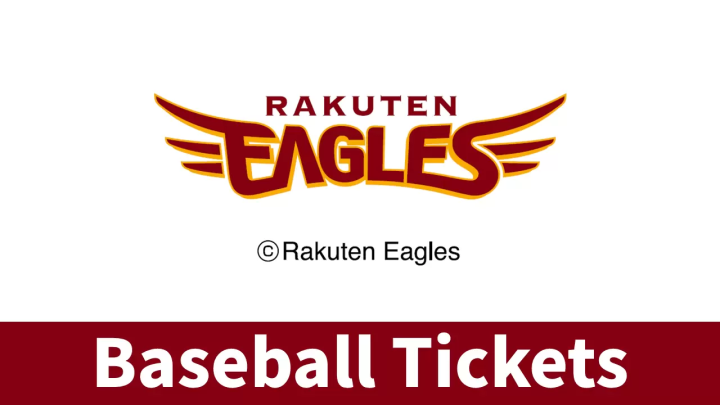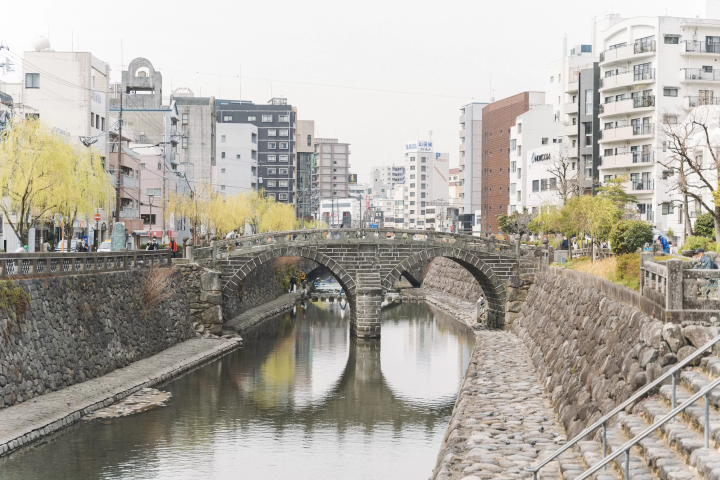Public Institutions In Japan With English Support: Visas, Taxes, And More

This article introduces Japanese public institutions, facilities, and services for foreign residents with English support. While most people don't regularly visit these locations, it is vital to know where you can get help regarding problems and how to lead a fulfilling lifestyle in Japan.
Foreigner-Friendly, English Services at Japanese Public Institutions
This article introduces public institutions, facilities, and services in Japan that are friendly to foreign residents with English language support. Although you won't find yourself visiting these places daily, it's vital to know where to go when you need to solve an issue while living in Japan. Read on to learn about the services provided at each institution.
Table of Contents
- 1. Prefectural Offices: General Consultation Services
- 2. Ward Offices and City Halls: Get Advice on Living in Japan
- 3. Hospitals, Clinics, and Medical Facilities: For Health and Happiness
- 4. Immigration Bureau: Visa Renewal Procedures
- 5. Hello Work: Receive Job Advice
- 6. Education and Welfare Facilities: Support for Households with Children
- 7. International Exchange Associations: Get Support for Daily Living
- 8. Tax Offices: Tax-related Procedures and Consultations
- 9. Emergency Contacts: Dial 119 for an Ambulance, 110 for the Police
- 10. Women's Consulting Center: For Sufferers of Domestic Violence, Harassment
- 11. Children's Consultation Center: Support for Child Development, Abuse
1. Prefectural Offices: General Consultation Services
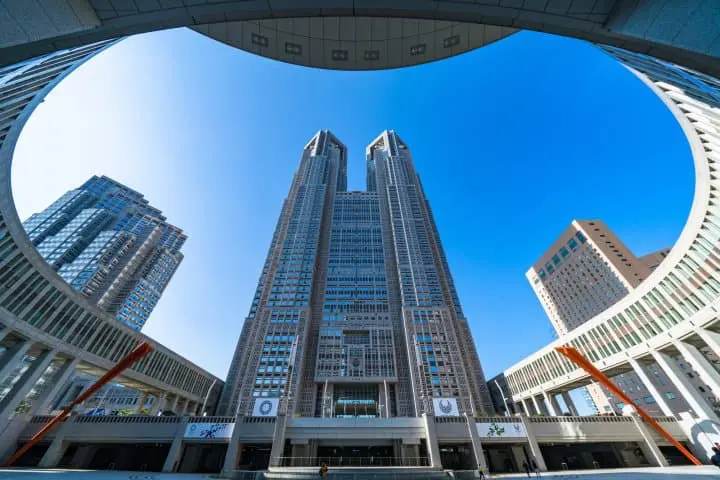
Tokyo Metropolitan Government Building
In each prefecture and major area of Japan are headquarters that oversee the region, like the Tokyo Metropolitan Government Building, Osaka Prefectural Office, and Kanagawa Prefectural Office. Most people do not go directly to these government offices to complete procedures, but there are consultations available for foreign residents in each prefecture offered in multiple languages.
In addition, many public institutions list essential information for foreign residents online, so please check the website of your area of residence. The following are websites for foreign residents of Tokyo, Osaka, and Aichi.
| Tokyo | Tokyo Metropolitan Education Consultation Center Life in Tokyo (Tokyo International Communication Committee) |
| Osaka | Living Information for Foreign Residents (Osaka Foundation of International Exchange) |
| Aichi | Aichi Multicultural Center |
2. Ward Offices and City Halls: Get Advice on Living in Japan
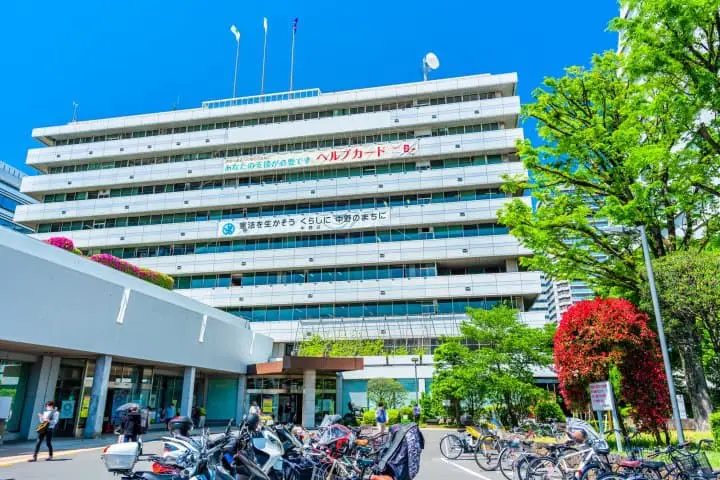
Nakano Ward Office, Tokyo
A municipal office, such as a ward, city, or town hall, is the place to go to begin and complete procedures, notifications, and consultations related to nearly everything about your daily life in Japan.
For example, you must report to your municipal office whenever a significant life event occurs, such as a move, getting married, or having a child. It is also necessary to come here to issue certificates of residence, required for many procedures in Japan, and for paying taxes.
Some municipalities will offer consultation services specifically for foreign residents, so please check with your local government offices directly or online to see if this is available. You can consult on matters related to taxes, national insurance, medical care, pensions, labor, child care, and welfare.
Consultation offices in Tokyo: https://tabunka.tokyo-tsunagari.or.jp/guide_eng/consul/01.html
3. Hospitals, Clinics, and Medical Facilities: For Health and Happiness
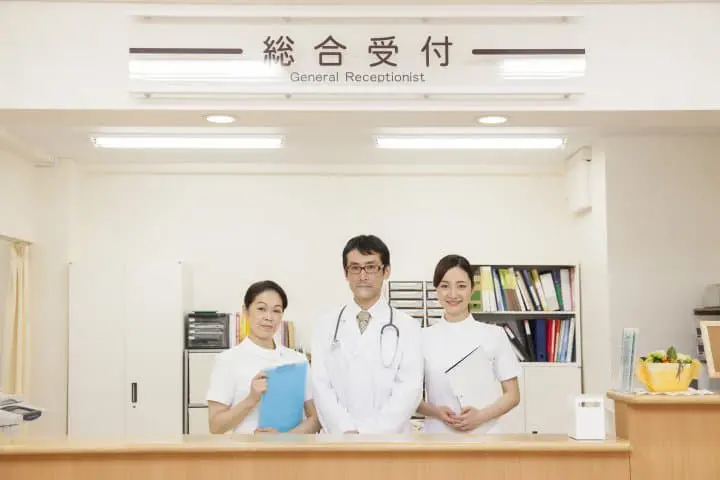
It's also important to be aware of medical facilities in Japan in case you get sick or injured. First of all, find out where the local clinics or hospitals are in your neighborhood. Clinics vary by specialty, like internal medicine, pediatrics, orthopedics, and dental services.
You should also check where hospitals, such as national hospitals and university hospitals, are located to receive advanced medical care in case of emergencies. Find out more about medical care in this article and where to find hospitals with foreign language support.
Read also
4. Immigration Bureau: Visa Renewal Procedures
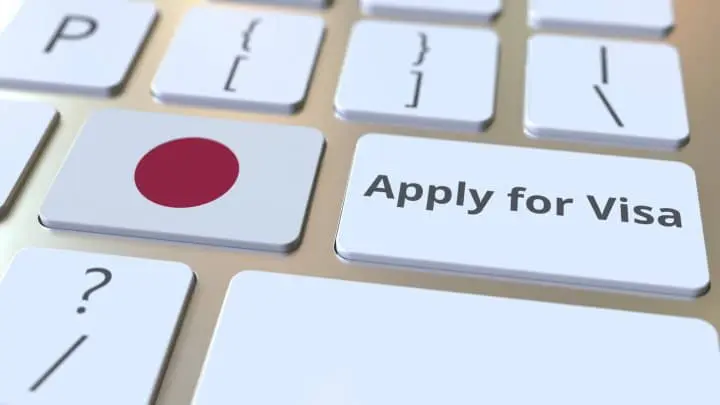
The Immigration Services Agency of Japan, known usually as the Immigration Bureau (入国管理局, Nyukoku kanri kyoku), is the facility foreign residents must visit for all procedures related to visas, from obtaining one to the renewal process. There are eight regional immigration bureaus, seven branch bureaus, and 61 sub-branches in Japan. You will need to complete procedures at the immigration office with jurisdiction over your area of residence.
There are also general information centers in Sendai, Tokyo, Yokohama, Nagoya, Osaka, Kobe, Hiroshima, and Fukuoka, where you can get help with immigration and visa procedures. These centers can provide support in English, Chinese, Korean, and Spanish.
General Information Center for Foreign Residents: http://www.immi-moj.go.jp/info/
Tel: 0570-013904 (IP, PHS, overseas: 03-5796-7112) Email: info-tokyo@i.moj.go.jp
Hours: 8:30 - 17:15 (Mondays - Fridays only)
5. Hello Work: Receive Job Advice

Hello Work is a public employment agency that offers all people in Japan advice about job opportunities. Go to Hello Work for general consultations on job-hunting, to get in touch with recruiters, and to apply for unemployment insurance.
Most of the services here are in Japanese, but in some cases, interpreters are available to help you. Be sure to check the website of the Hello Work office in your neighborhood for details.
In addition, the Labor Bureau provides advice on working conditions such as wages, working hours, and other factors. These consultation services are offered in-person or over the phone.
Hello Work official website: https://www.hellowork.mhlw.go.jp/index.html (Japanese)
Hello Work offices (Tokyo): https://tabunka.tokyo-tsunagari.or.jp/guide_eng/gov/03.html
Consultation Service for Foreign Workers: https://www.check-roudou.mhlw.go.jp/soudan/foreigner_eng.html
6. Education and Welfare Facilities: Support for Households with Children
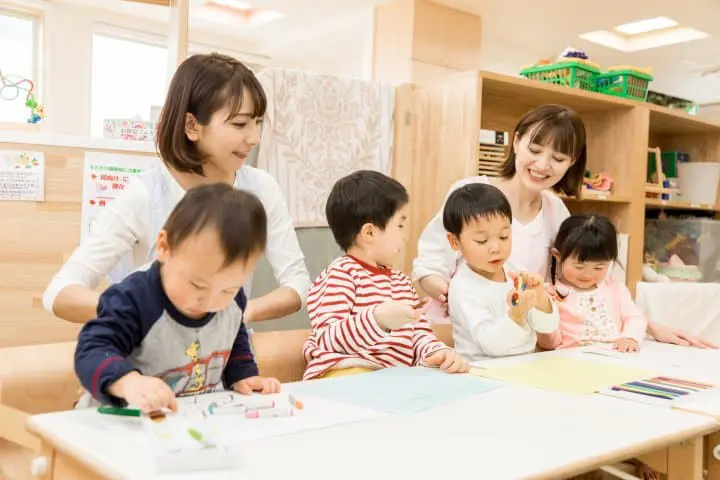
In Japan, education is compulsory for children between the ages of six and 12 to attend elementary school, and for those between 13 and 15 to attend junior high school. Children under the age of five who need childcare (e.g., parents working) can attend nursery school.
In addition to nursery schools, there are childcare centers and a parenting support center where workers will play with and supervise your young children. This service is offered free of charge.
Child Care Support in Tokyo: https://www.fukushihoken.metro.tokyo.lg.jp/kodomo/kosodate/jouhou.html (Japanese)
7. International Exchange Associations: Get Support for Daily Living

There are international exchange associations in every prefecture and region of Japan that provide consultation services for foreign residents. They are the ideal place to go for general advice on daily life in your area of residence.
Most organizations can be contacted via phone or email, and free consultations with legal and visa experts are sometimes offered. For more information, please contact the respective associations.
International Exchange Associations (PDF): http://www.clair.or.jp/tagengorev/ja/q/03.pdf (Japanese)
Tokyo International Exchange Associations: https://tabunka.tokyo-tsunagari.or.jp/english/tonai/
8. Tax Office: Tax-related Procedures and Consultations
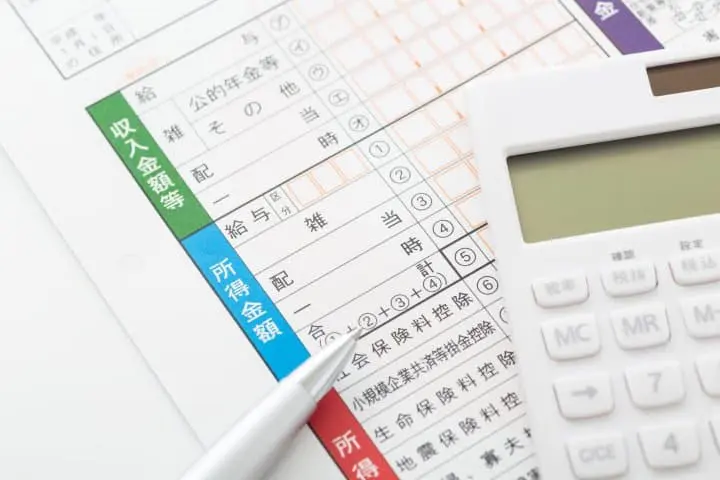
Tax offices (税務署 zeimusho) in Japan handle procedures and provides consultations regarding national taxes. Most people won't visit these offices regularly, but entrepreneurs or those paying corporate and business-related taxes, as well as freelancers, should know where they are located. If you are doing freelance work in Japan, you will need to file with the tax office that has jurisdiction over your area of residence.
Search for the location of a tax office: https://www.nta.go.jp/about/organization/access/map.htm
National Taxes (income tax, corporate tax, inheritance tax, etc.)
IRS HP: https://www.nta.go.jp/english/contact/moreinformation/
Inquiries about local taxes (resident tax, car tax, property tax, etc.)
Please contact your local government office (ward office, etc.) for tax-related inquiries.
9. Emergency Contacts: Dial 119 for an Ambulance, 110 for Police
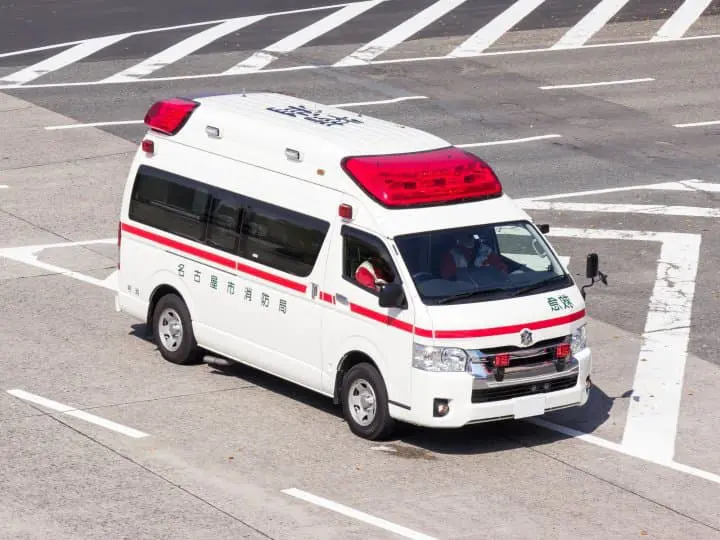
Remember these two numbers in case of an emergency when you are in trouble or injured. English-speaking operators are available for both of these numbers.
Crime, Accidents, Fights: 110 for the police
Sudden Illness, Injury, Fire: 119 for an ambulance or the fire department
Dial these numbers free of charge when there's been an accident. Use these numbers to call in traffic accidents, for injured persons, and any other incident or crime you witness. When you call, try to speak as clearly as possible to convey the situation and your location to the operator.
10. Women's Consulting Center: For Sufferers of Domestic Violence, Harassment
Each prefecture in Japan has its own domestic violence consultation service and temporary protection service. If you are facing violence or harassment from a partner, please do not hesitate to get in contact with these groups for support.
Women's Consultation Center Support for Foreign Nationals: http://www.gender.go.jp/policy/no_violence/e-vaw/siensya/08.html (Japanese)
List of Women's Consulting Offices (English/PDF): https://www.mhlw.go.jp/content/11900000/000402433.pdf
11. Children's Consultation Center: Help for Child Development, Abuse
Centers offering support for those struggling or looking for advice regarding child development, abuse, and other matters related to child welfare, are available in every prefecture and region in Japan.
These centers assist with childcare, disabilities, delinquency, and other issues related to children under 18 years of age. Support for those facing child abuse and child-related problems is also available. Those suspecting child-related issues can make reports; filing a report may result in the child being taken into temporary custody. For more information, please contact the office in your area of residence.
Children's Consultation Offices in Tokyo: https://www.fukushihoken.metro.tokyo.lg.jp/jicen/english.html
Public Facilities in Japan with Support for Foreign Residents
From everyday institutions to those needed only in emergencies, public facilities can be of real help to foreign residents in Japan. Do not hesitate to contact these places or organizations for support.
Read also
All photos by Pixta
Born in Yamagata Prefecture. I have experience working in community development at the foot of Mt. Fuji and PR for local products across the country, and am currently working in Tokyo to disseminate information about Yamanashi Prefecture. A mother of one who loves local gourmet food and alcohol.










































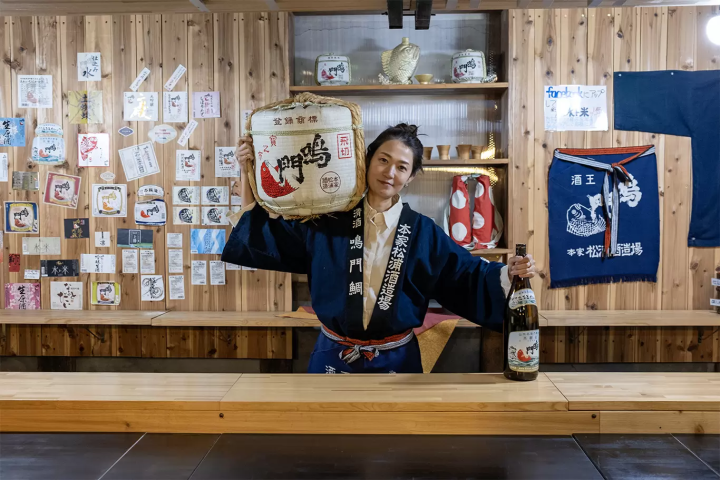
![[Gunma, Nakanojo] Experience Japanese history in a wooden school building from the Meiji era](https://resources.matcha-jp.com/resize/720x2000/2025/12/25-254022.webp)
